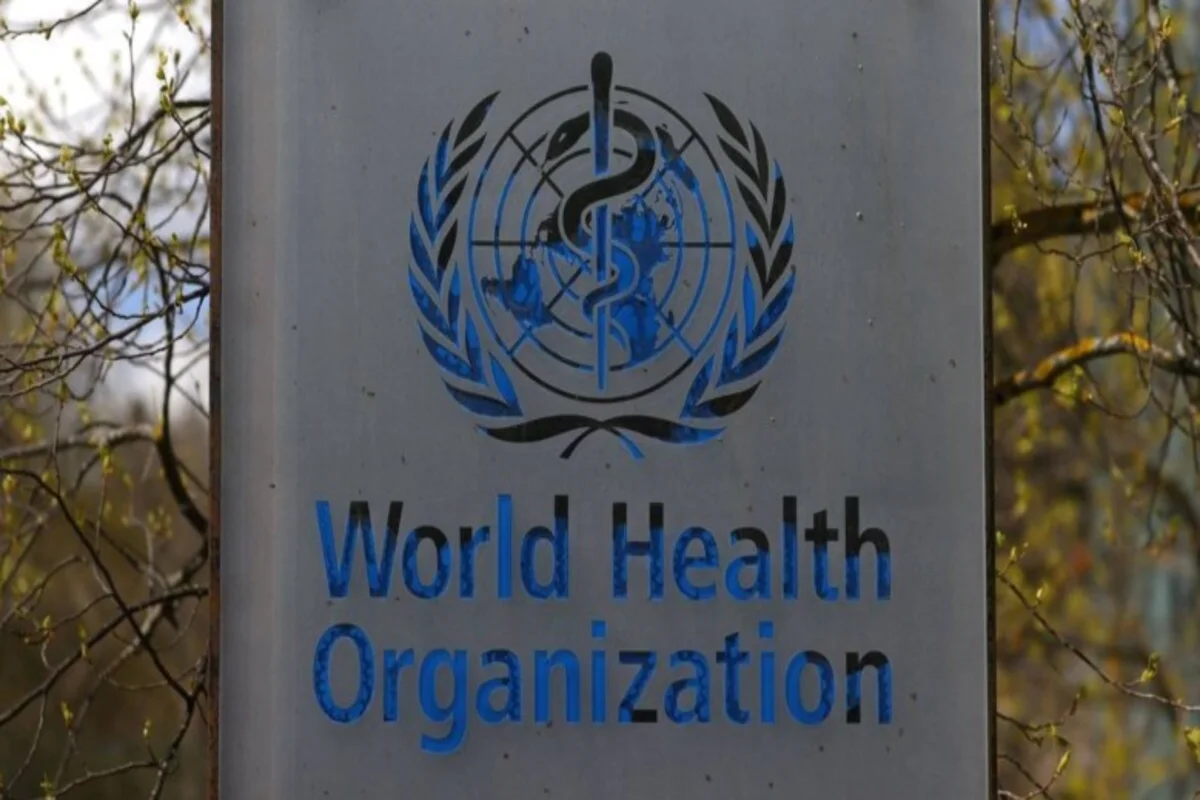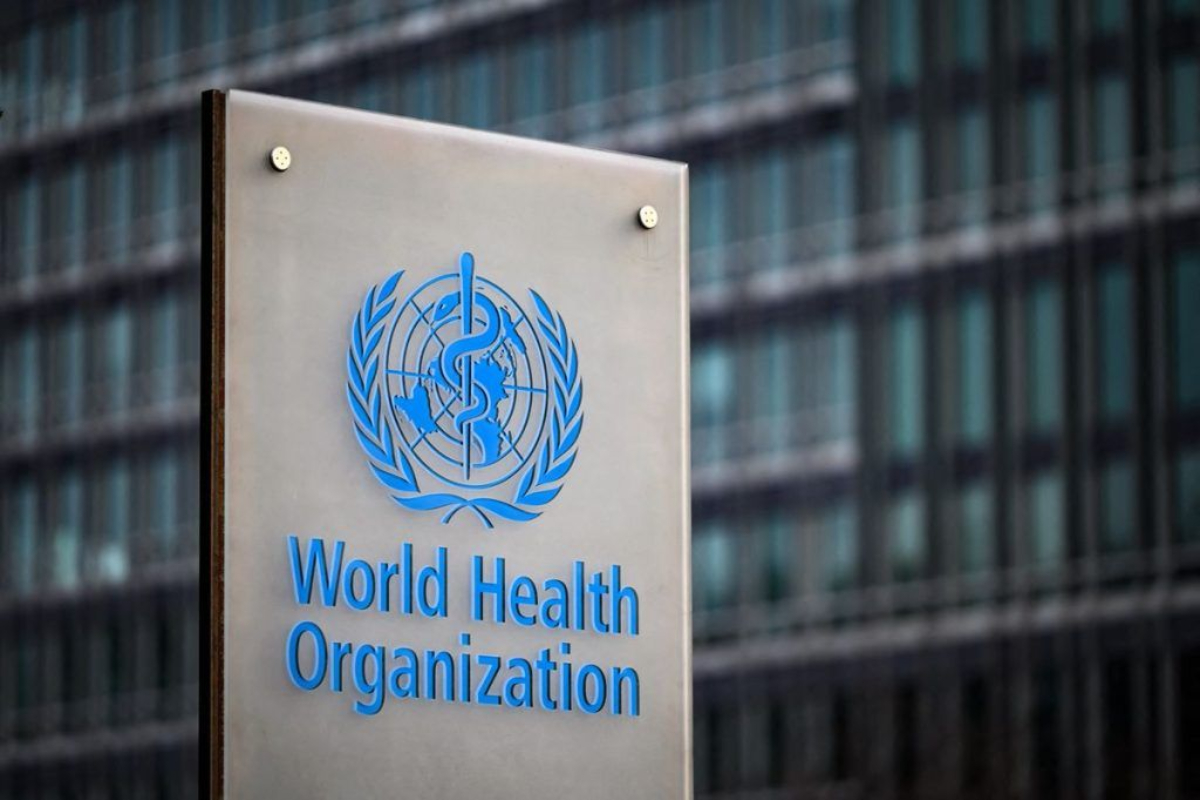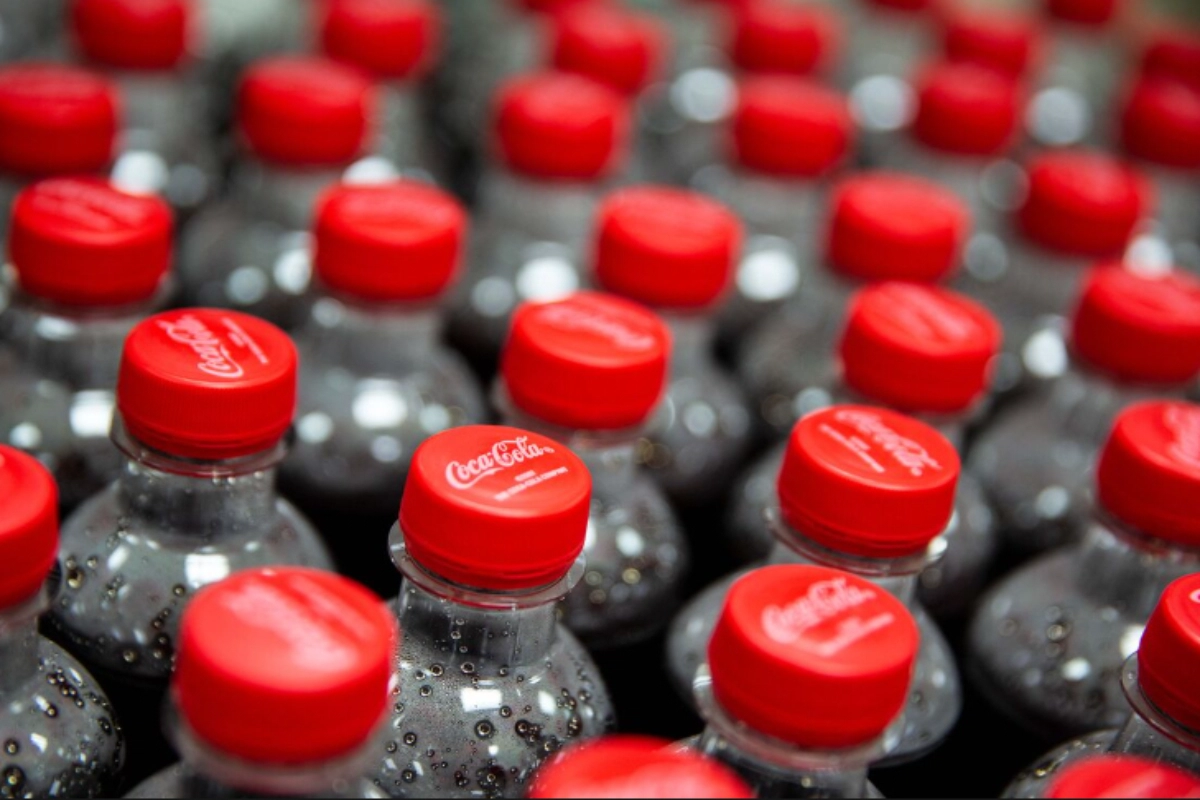The World Health Organization (WHO) has asked regulators of all member states to remove contaminated syrups from circulation, increase market surveillance, and prevent use of substandard and falsified medicines in view of the fact that at least 300 fatalities in three countries have been linked to contaminated over-the-counter syrups for children.
The WHO urged producers to only buy and test pharmaceutical-grade components in a statement released on Monday.
The majority of the victims were children under the age of five, it was stated, and such cases had been reported from seven different nations.
‘Since these are not isolated incidents, WHO calls on various key stakeholders engaged in the medical supply chain to take immediate and coordinated action,’ the WHO
said in its statement.
The Indian Express had earlier been informed by the inter-government organisation that “no direct links between these three incidents/alerts have been found.” Investigations are still ongoing, though. Therefore, we do not want to speculate on the causes.
In October, the WHO issued the first of three medical alerts on four syrups made by Maiden Pharmaceuticals, an Indian company, that were connected to deaths in the Gambia. The second warning was issued in November regarding eight syrups produced by four companies that were connected to fatalities in Indonesia.
The third warning was issued in January regarding two syrups, produced once more by Marion Biotech of India, that were connected to fatalities in Uzbekistan.
Two contaminants, ethylene glycol and di-ethylene glycol, which are harmful to humans and can cause stomach ache, vomiting, diarrhoea, the inability to pass urine, headaches, and altered mental status, were either suspected or confirmed to be present in all of the syrups. More significantly, it can result in acute renal injury in children, which can be fatal.
WHO’s order
The WHO has ordered that governments and regulatory agencies identify and remove any products for which medical alerts have been issued, ensure that all medical products are obtained from registered suppliers and are approved for sale by the proper authorities, increase risk-based inspections of manufacturing facilities, increase market surveillance, and prevent the sale and use of substandard and fraudulent meds.
After the revelation of the incidents, Maiden Pharma and Marion Biotech’s manufacturing facilities were inspected by India’s top drug regulator, who found violations of good manufacturing procedures and shut them down. Since then, the pharma regulator has begun conducting risk-based inspections at more manufacturing facilities across India.
The inter-government organisation urged manufacturers to use only “pharmaceutical-grade” materials, test them before employing them, ensure product quality with certificates of analyses based on suitable testing findings, and “keep accurate, full and proper records.”
According to experts, the two contaminants can enter syrups because non-pharmaceutical grade solvents like propylene glycol or glycerin are used to dissolve active ingredients while making syrups.
Also Read: Armed struggle against British not given due credit: Amit Shah
Keep watching our YouTube Channel ‘DNP INDIA’. Also, please subscribe and follow us on FACEBOOK, INSTAGRAM, and TWITTER.











